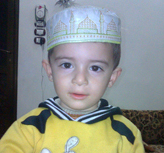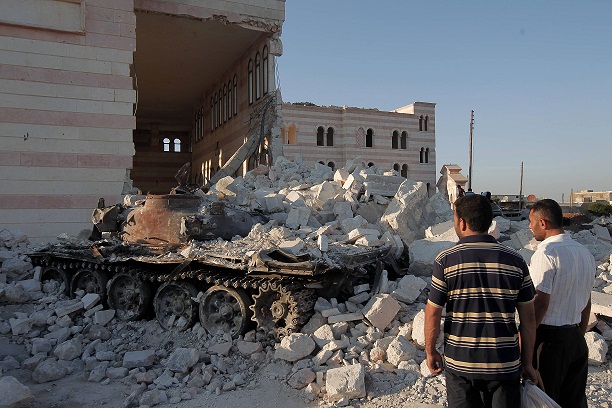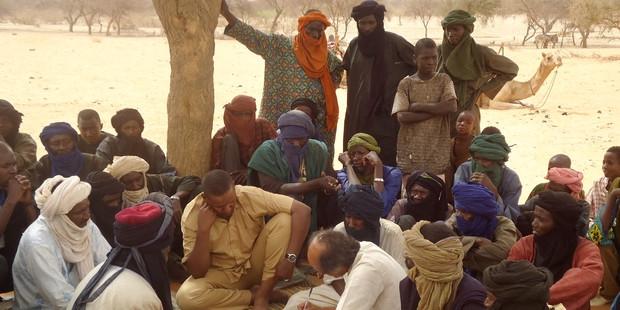Enforced disappearances – the practice by states or governments to detain (or worse) citizens and keep their families in the dark about their fate – have been a human rights problem in Syria for decades. However, Syrian authorities’ heavy handed response to the popular uprising, characterized by an utter disregard for human rights, has led to a dramatic rise in cases of enforced disappearance. This issue and its long-standing impact on families and loved ones, are widely underreported.
Much of the Syrian government’s strategy relies on us simply forgetting about political detainees. In the case of enforced disappearances, this strategy is taken to next level: putting political opponents and activists completely outside the law, and very literally, outside of our memories. Victims are disappeared without a trace – with governments careful not to leave behind any trail of official records or information, deepening families’ despair and banking on to us forget. Well, I refuse to play by their rules.
Today, on the International Day for the Victims of Enforced Disappearances, we are shining a light on some individuals that the Syrian government – as well as other repressive regimes around the globe – want you to forget. We are tracking several cases using Eyes on Syria , and I want to provide you with an opportunity to join me in countering the Syrian governments’ attempt to make people disappear.






 A few weeks ago we reported how Syrian authorities
A few weeks ago we reported how Syrian authorities